#bournemouth
Explore tagged Tumblr posts
Text
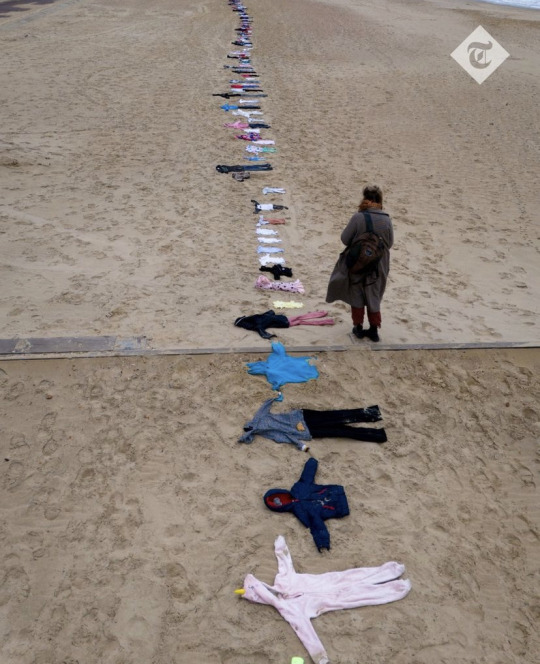
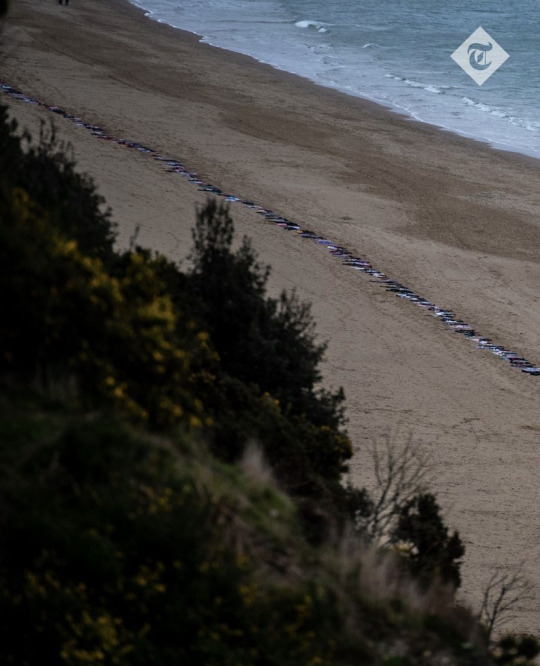
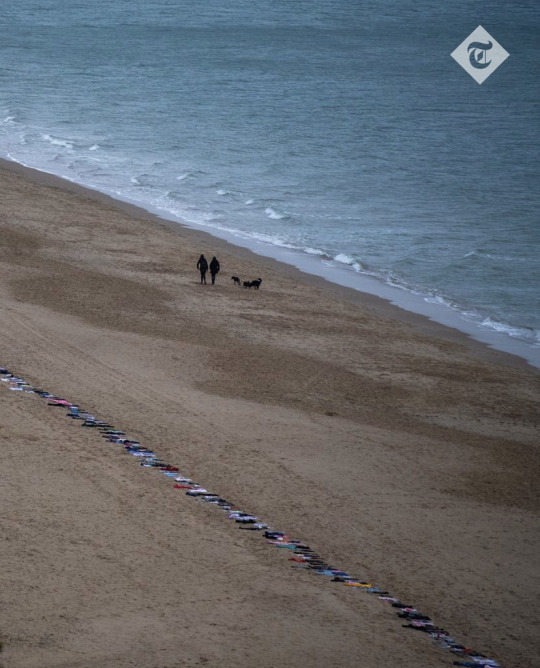
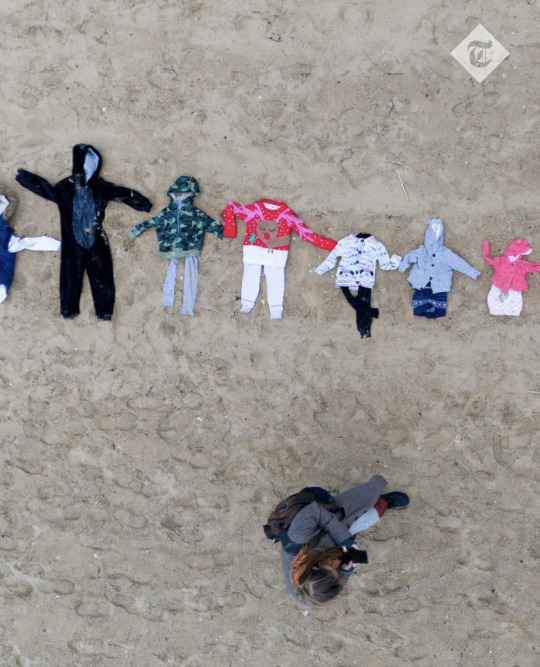
Clothing representing the 11,500 Palestinian and 36 Israeli children who have been killed in Gaza were laid out on Bournemouth beach this week.
The 5km line of second-hand clothes was created by activists were laid out to illustrate the scale of child deaths in Gaza.
Each set of clothing represents a child who had been killed.
So urce
33K notes
·
View notes
Text
Womens history just got richer.

When the deeply patriarchal Romans first encountered Celtic tribes living in modern-day France and Great Britain in the first century B.C.E., their reaction to the roles of the sexes was one of surprise and dismay. The tasks of men and women “have been exchanged, in a manner opposite to what obtains among us,” wrote one Roman historian.
New evidence from Celtic graves now confirms that at least one part of Britain was a woman’s world long before the Romans arrived—and for centuries afterward. One ancient British tribe known as the Durotriges based its family structure—and perhaps property inheritance—on kinship between mothers and daughters. Men, meanwhile, left home to live with their wives’ families, a practice known as matrilocality that has never been seen before in European prehistory.
The work, published today in Nature, helps explain why women in Iron Age Britain are often buried with high-status grave goods such as mirrors and even chariots, says Ludwig Maximilian University of Munich archaeologist Carola Metzner-Nebelsick, who was not involved with the research. “It’s a fantastic result,” she says. “It really helps explain the archaeological record.”
Ancient histories—not least Julius Caesar’s 50 B.C.E. account of invading Gaul—hinted at female empowerment among the Celts. “They wrote about it because they found it so weird,” says Trinity College Dublin geneticist Lara Cassidy.
Many modern historians assumed the accounts were exaggerated; they dismissed rich female graves from the time as outliers. But over the past few decades, archaeologists comparing burial practices at hundreds of Iron Age sites from Britain to Germany began to think there was a kernel of truth to the Roman reports.
The Durotriges cemeteries, located in the far south of England near the city of Bournemouth, offered a way for Cassidy and her team to investigate. Burials there began around 100 B.C.E., roughly 150 years before Roman forces invaded the island. Unusually for Iron Age Britain, the tribe didn’t cremate their dead. Instead they buried them close to home, in the hills surrounding their farmsteads.
Whereas men were laid to rest with a joint of meat and perhaps a pot containing a beverage to sustain them on their journey into the afterlife, Durotriges women are often found with elaborate offerings including mirrors, combs, jewelry, and even swords. “If you judge social status by burial goods, then female burials have vastly more than male,” says Bournemouth University archaeologist Miles Russell, a co-author of the new paper.
Over the past 4 years, researchers sequenced DNA from dozens of Durotriges skeletons in a set of cemeteries in Dorset, England. By matching identical fragments of genetic material from different individuals, they reconstructed a family tree that spanned six generations—many of whom were female descendants of a single female founder. Two-thirds of the people in the kin group buried in the cemetery shared a rare type of mitochondrial gene, a form of DNA inherited only from the mother, including some of the men who shared the same female ancestor.
Other genetic evidence from the Durotriges cemeteries pointed to matrilocality, showing that men joined the clan from other families. “Women are staying close to family and are embedded in the support network they’ve known since childhood,” Cassidy notes. “It’s the husband who’s coming in as a stranger and is dependent on the wife’s family.” Women were evidently a force to be reckoned with in this part of Iron Age Britain.

Archaeologists have found that members of Great Britain’s Durotriges tribe often buried women with more grave goods than men.Miles Russell/Bournemouth University
Such patterns could help explain finds elsewhere in the Celtic world, where women were sometimes buried with rich grave goods or even chariots. “We’re thinking this could have been quite widespread,” Cassidy says.
To gather further evidence, she and her colleagues re-examined previously published genomes from more than 150 sites in Britain and Europe stretching back to the Stone Age. Starting around 500 B.C.E., the diversity in people’s mitochondrial DNA declined, the team found, suggesting more of them shared the same female ancestors. There was no matching decline in the diversity of Y chromosomes, which are passed from fathers to sons.
That suggests communities across Britain were anchored by specific female lines, with men marrying in from outside. “The signal they see in [the Durotriges] case study can be reproduced in other British sites,” says Max Planck Institute for Evolutionary Anthropology archaeogeneticist Joscha Gretzinger, who was not involved with the work. “That’s quite a smoking gun.”
The study is part of a growing use of DNA to reconstruct genetic kinship in the deep past—and use it to shed light on the structure of past societies. University of Liverpool archaeologist Rachel Pope says the research is starting to highlight the wide variety of social organization people practiced in the past, something archaeology has hinted at over the past 2 decades.
Some of the earliest kinship studies using ancient DNA, for example, showed that Stone Age farmers in Britain and France living in the fifth millennium B.C.E. were organized patrilocally, with women leaving their homes to marry while men stayed put. The new data from Durotriges suggest that by the Iron Age, 4000 years later, something had shifted. “This is quite exciting,” Pope says. “There are moments in time in which societies seem to have a lot of high female status.”
#Women in history#ancient britain#ancient British tribe known as the Durotrig#matrilocality#Bournemouth
848 notes
·
View notes
Text
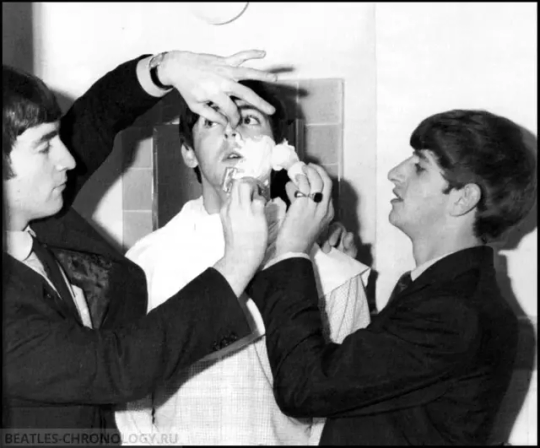
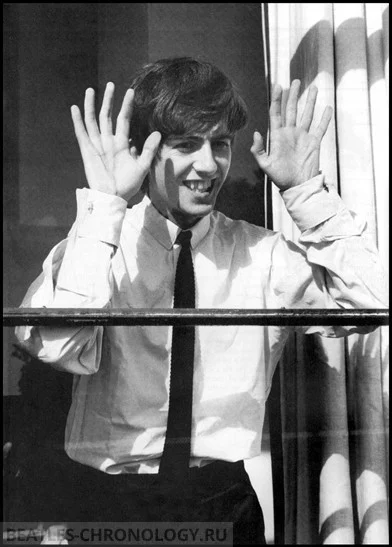

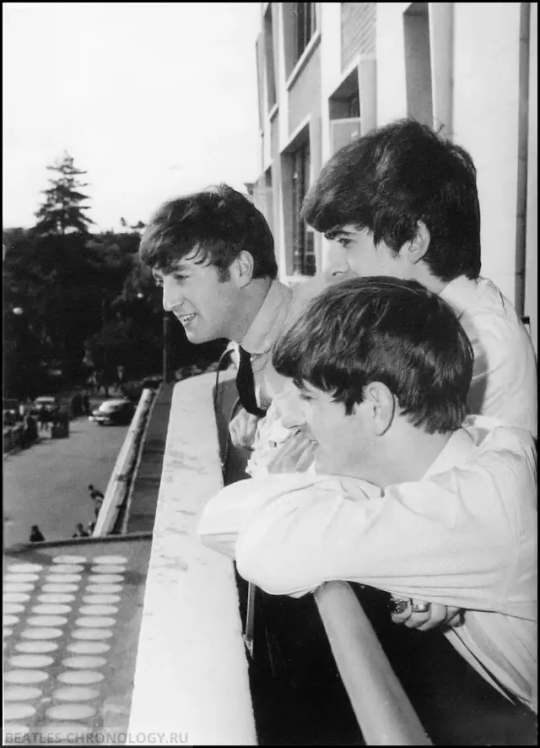
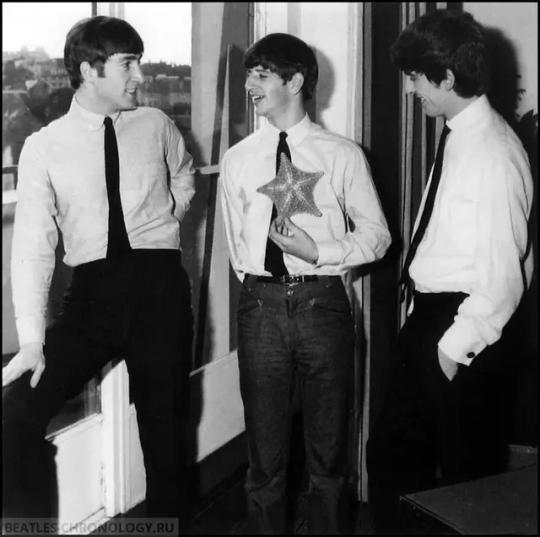
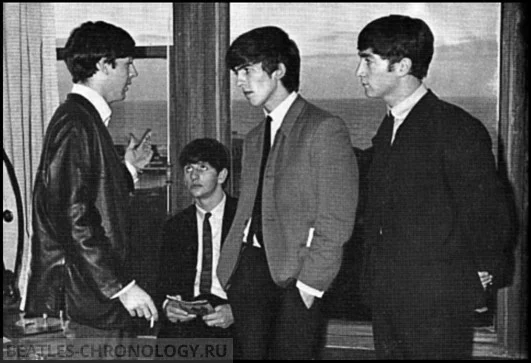
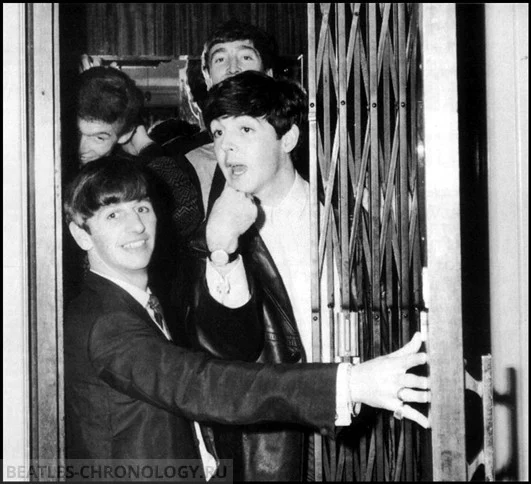
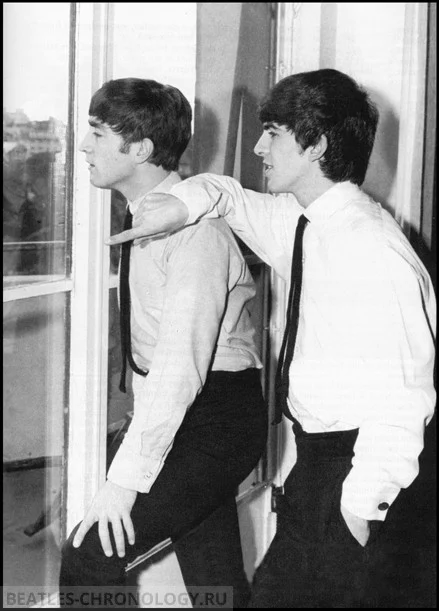
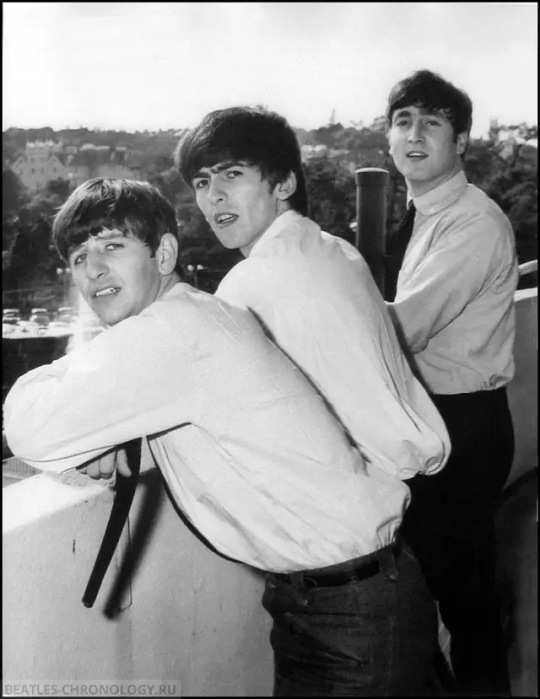
August 22, 1963 - UK TV Day By Day. Southampton & Bournemouth
#beatlemania#george harrison#paul mccartney#john lennon#the beatles#ringo starr#john and paul#bournemouth#Southampton#souchef39#the best band ever#fab four
84 notes
·
View notes
Text



Final bit from Bournemouth: Roundhouse Hotel. The reviews of the hotel are pretty dire, but no matter. I love any rotunda, especially when it's also a car park, and especially when it's wrapped in a beautiful concrete lattice.
123 notes
·
View notes
Text


Grey afternoons by the sea 🩶
#beach#sea#grey#grey sky#sky#clouds#cloudy#grey clouds#stormy#grey sea#ocean#Bournemouth#England#photography#amateur photography#nature#original photographers#aesthetic#my photos#lensblr#seaside#autumn#winter#gloomy#moody aesthetic#dark#grey aesthetic#water#oceancore#liminal spaces
125 notes
·
View notes
Video
Moggy by Treflyn Lloyd-Roberts Via Flickr: The RAF display Typhoon lights the afterburners as it blasts skywards to end its routine at the 2024 Bournemouth Air Festival. The aircraft wears special markings to commemorate the 80th anniversary of D-Day. Aircraft: Royal Air Force Eurofighter Typhoon FGR.4 ZJ913. Location: SS Shieldhall, Bournemouth Bay, Dorset.
#Moggy#RAF#display#Typhoon#light#afterburners#blast#skywards#end#routine#2024#Bournemouth#Air#Festival#Show#airshow#aircraft#wear#special#marking#scheme#commemorate#80th#anniversary#D-Day#military#aviation#fighter#Royal#Force
85 notes
·
View notes
Text
The first quilt I ever made was hand pieced out of fabrics I'd collected from the age of three onwards. In 2016 I had to leave it behind in Bournemouth with the housemate of an ex-friend because International Moves suck. It's been years, I have no way to contact her, and I've uhhhhh Changed a lot since. But fuck I miss that quilt. I keep thinking about it.


#if anyone knows someone in Bournemouth who had a cat called Toby please#quilting#quilts#bournemouth
141 notes
·
View notes
Text


Milos Kerkez - Newcastle UFC v. AFC Bournemouth - Premier League
35 notes
·
View notes
Text

5 Jan 25
The beach as intended
#photowalkmyworld#photography#original photographers#photooftheday#photographers on tumblr#bournemouth#nature#shotonpixel#black and white#travel#travel photography#beach
26 notes
·
View notes
Text


Bournemouth International Centre, Bournemouth, England // Nov 11th 2006 // Jenni
#mikey way#fi#gw#bob bryar#mcr#live#bp#2006#nov 2006#11/11/06#bournemouth#bournemouth international centre#bp jacket#photo#originals
25 notes
·
View notes
Text
Lauren at the bridge tonight 💙💙
#Lauren at the bridge#lauren james#reece james#chelsea fcw#chelsea fc#cfcw#get Lauren on the pitch#cfc#football#footy#soccer#womens soccer#womens football#blueisthecolour#up the chels#blues#ktbffh#theprideoflondon#woso#woso community#woso soccer#woso appreciation#chelsea wfc#chelsea football club#chelsea vs bournemouth#bournemouth#chelsea#chelsea women
17 notes
·
View notes
Text

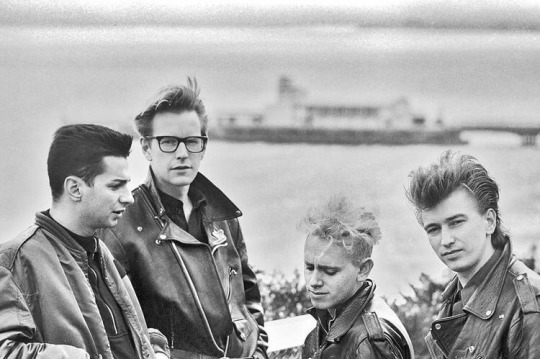

Depeche Mode in Bournemouth during the Black Celebration Tour (1986), photos by Ronnie Randall
"The following three photos are from the time of the Black Celebration Tour, from the town of Bournemouth, near the hotel where the band was staying. The photographer captured the band as they strolled along the coast. He recalls that: "...Dave was in the mood for jokes and kept turning his head away from the camera, which was exactly the opposite of what the music magazines wanted me to do - they wanted the frontman to be clearly visible. And then an unpleasant thing happened to me, I was concentrating so much on taking pictures that I forgot that my film had been rewound past the last frame, and I took a lot of pictures on empty film! The band was already leaving, and they were far from me - I was photographing them from afar with a long lens, so I had to yell at them: "uhm, a few more pictures please...".
#dave gahan#depeche mode#martin gore#alan wilder#andy fletcher#black celebration era#black celebration#1986#80s music#leather jacket#bournemouth
189 notes
·
View notes
Text





The Beatles, Bournemouth, November 1963
20 notes
·
View notes
Text


Bournemouth Echo building. Lovely weather to see Bournemouth today actually, plenty to see here!
61 notes
·
View notes
Text




Ocean views
#ocean#sea#seaside#beach#seaside aesthetic#ocean aesthetic#oceancore#sea aesthetic#nature#naturecore#nature photography#plants#blue#blue sea#blue sky#photography#amateur photography#original photographers#aesthetic#my photos#lensblr#bournemouth#england#south coast#views#beautiful views
25 notes
·
View notes
Video
Swedish Silhouettes by Treflyn Lloyd-Roberts Via Flickr: A close formation pass by two of the Swedish Air Force Historic Flight's classic jets as they fly low and fast over the 2024 Bournemouth Air Festival. Aircraft: Swedish Air Force Saab Sk.37 Viggen F 15-61 (37809/SE-DXO) and Saab J 35J Draken 10-56 (35556/SE-DXR). Location: SS Shieldhall, Bournemouth Bay, Dorset.
#silhouette#close#formation#pass#pair#two#Swedish#Air#Force#Historic#Flight#classic#jet#fly#low#fast#over#2024#Bournemouth#Show#airshow#Festival#heritage#aviation#military#Aircraft#SwAF#SwAFHF#Saab#Sk.37
45 notes
·
View notes